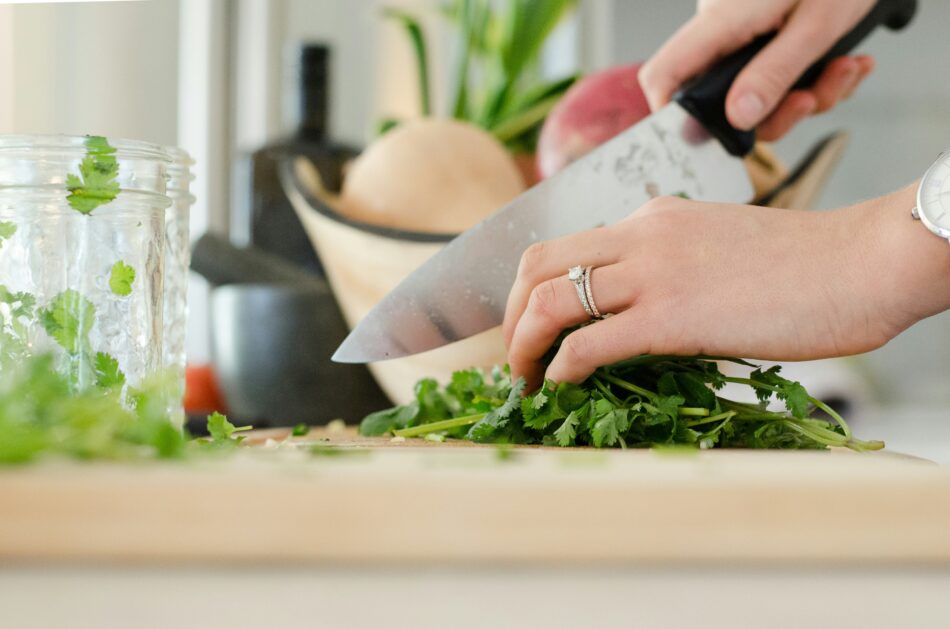Snacking will not make you fat: Only too many calories overall will do that. In fact, a 100 to 200 calorie snack eaten two to three hours before a meal can take the edge off your hunger and keep you from overeating.
Don’t think of snacks as extras: Make them a part of your food plan for the day.
Plan the day’s foods around the food pyramid guidelines to balance out your snacks and meals: An orange and a couple of graham crackers count towards your daily quota of fruits and grains.
View snacks as mini-meals. Have them in the voids left by what you didn’t eat, or won’t be eating, at meals. Think “snacks to fill the cracks.”
Plan snacks ahead of time to avoid grabbing the first thing you see.
Budget higher-fat snacks. There‘s no need to give them up completely; just be sure they fit into your day’s total for fat and calories.
Warning! Even low-fat snacks will cause you to gain weight if you overdo it. Low-fat foods often use sugar and calories for taste.
Snack only when you’re hungry, not when you’re bored, anxious, etc.
Pay attention to your snacking to avoid overdoing it. Focus on what you’re eating, and enjoy your snack.
Be prepared. Have on hand in convenient places (such as your car, briefcase, or workout bag) whole-grain crackers, juice boxes, fig bars, a wholegrain bagel, flavored rice cakes and dried fruit. At home, make sure to stock up on fresh fruits, vegetables, whole-grain cereals, breads and crackers.
Better to eat a snack when you are slightly hungry than pig out when you are ravenous. Try to limit your snacks to between 100 and 200 calories, and make them low-fat and high carbohydrate.
Reprinted from http://articles.health.msn.com. Written by Sue Gilbert M.S., Nutritionist.


